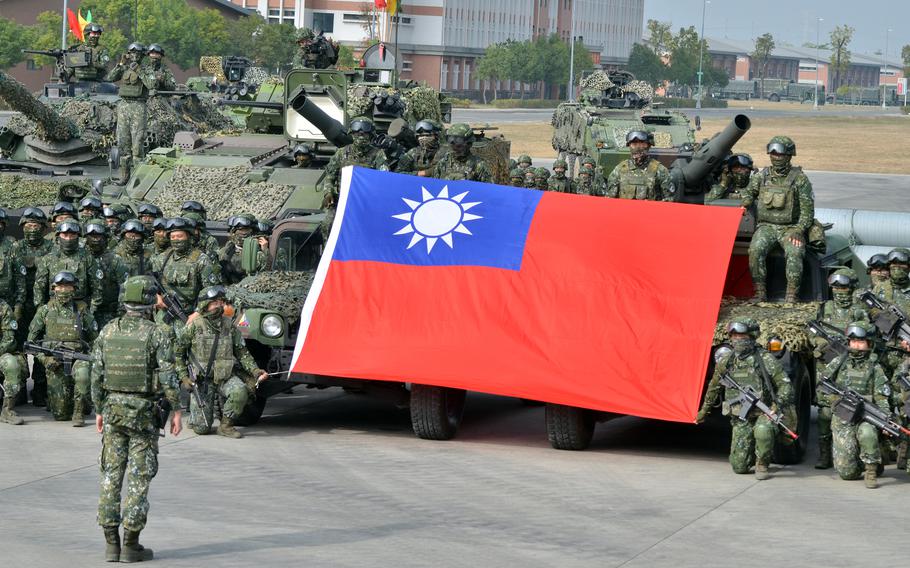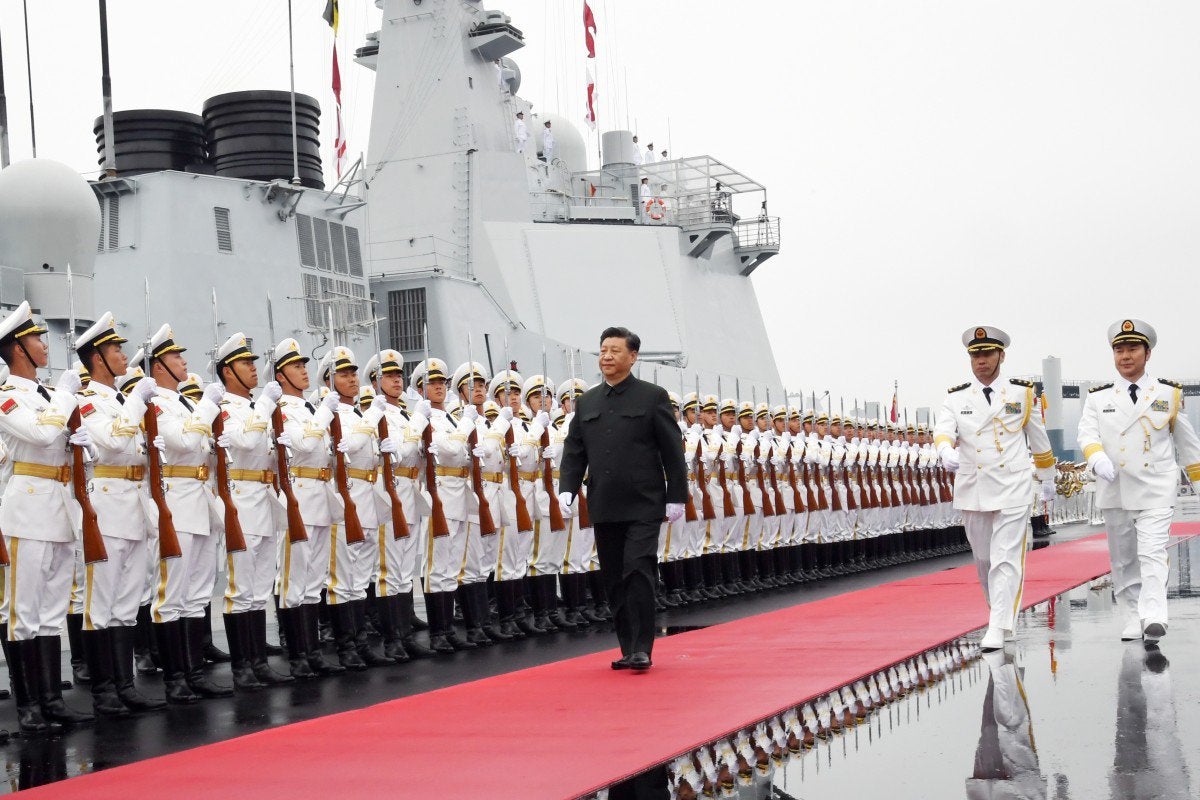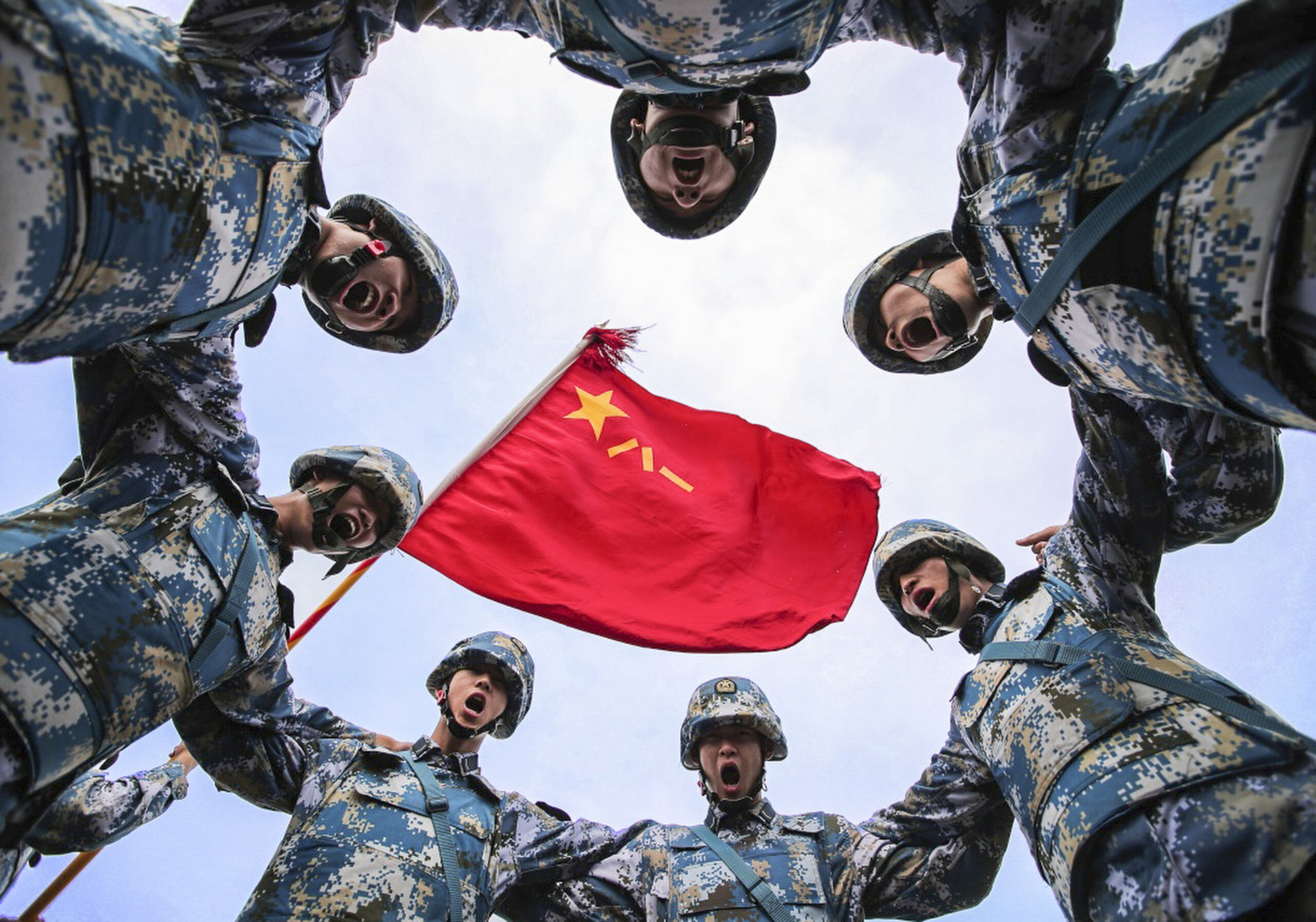by Martin Haffner Associate Editor
In a significant escalation of military tensions in the Taiwan Strait, China has announced a series of military exercises in close proximity to Taiwan, framing these maneuvers as a punitive response to what it describes as “separatist” activities by the Taiwanese government and pro-independence factions. This development has raised international concerns about the stability of the region and the potential for conflict.
The recent military exercises come at a time of heightened rhetoric from Beijing regarding Taiwan, a self-governing democratic island that China claims as part of its territory. China has persistently opposed any form of Taiwanese independence and views any actions that promote this idea as a direct challenge to its sovereignty. The drills are reportedly designed to demonstrate China’s military capabilities and serve as a warning to Taiwan’s leadership.
Chinese officials have characterized the exercises as necessary to safeguard national integrity. “We will not tolerate any form of separatism,” stated a spokesperson from the Chinese military, further emphasizing that and any attempts by Taiwan to assert its independence would be met with decisive action.
Taiwan’s government has condemned China’s military actions, describing them as aggressive and provocative. Taiwanese President Tsai Ing-wen stated, “Taiwan will not bow to pressure. We will continue to protect our sovereignty and democratic way of life.” The heightened military presence and drills conducted by China are seen as a direct threat and have led to increased military readiness within Taiwan.
The exercises have also raised alarms internationally. The United States, which maintains unofficial relations with Taiwan and considers itself a supporter of Taiwan’s defense, has expressed deep concern about China’s aggressive posture. US officials are closely monitoring the situation, reiterating a commitment to Taiwan’s security. The fear is that continued Chinese assertiveness could lead to miscalculations and potentially a military confrontation.
The Taiwan Strait is a flashpoint in US-China relations, and the military drills reflect the broader geopolitical tensions in the Asia-Pacific region. Neighboring countries are watching developments closely, as shifts in power dynamics could impact regional security. China’s actions may compel neighboring nations to strengthen their own military capabilities or seek closer ties with the United States.
As China ramp up its military operations, the likelihood of confrontations increases, not only with Taiwan but also with other regional powers. The South China Sea and border disputes with India and other Southeast Asian nations add layers of complexity to an already volatile situation.
China’s military exercises near Taiwan represent a chilling reminder of the fragility of peace in the region. Framed as a punishment for separatism, these maneuvers reflect Beijing’s determination to assert its claims over Taiwan and warn against any potential moves toward formal independence. As tensions escalate, the role of international diplomacy becomes ever more crucial in averting a potential crisis that could engulf not only Taiwan but the wider Asia-Pacific region.



